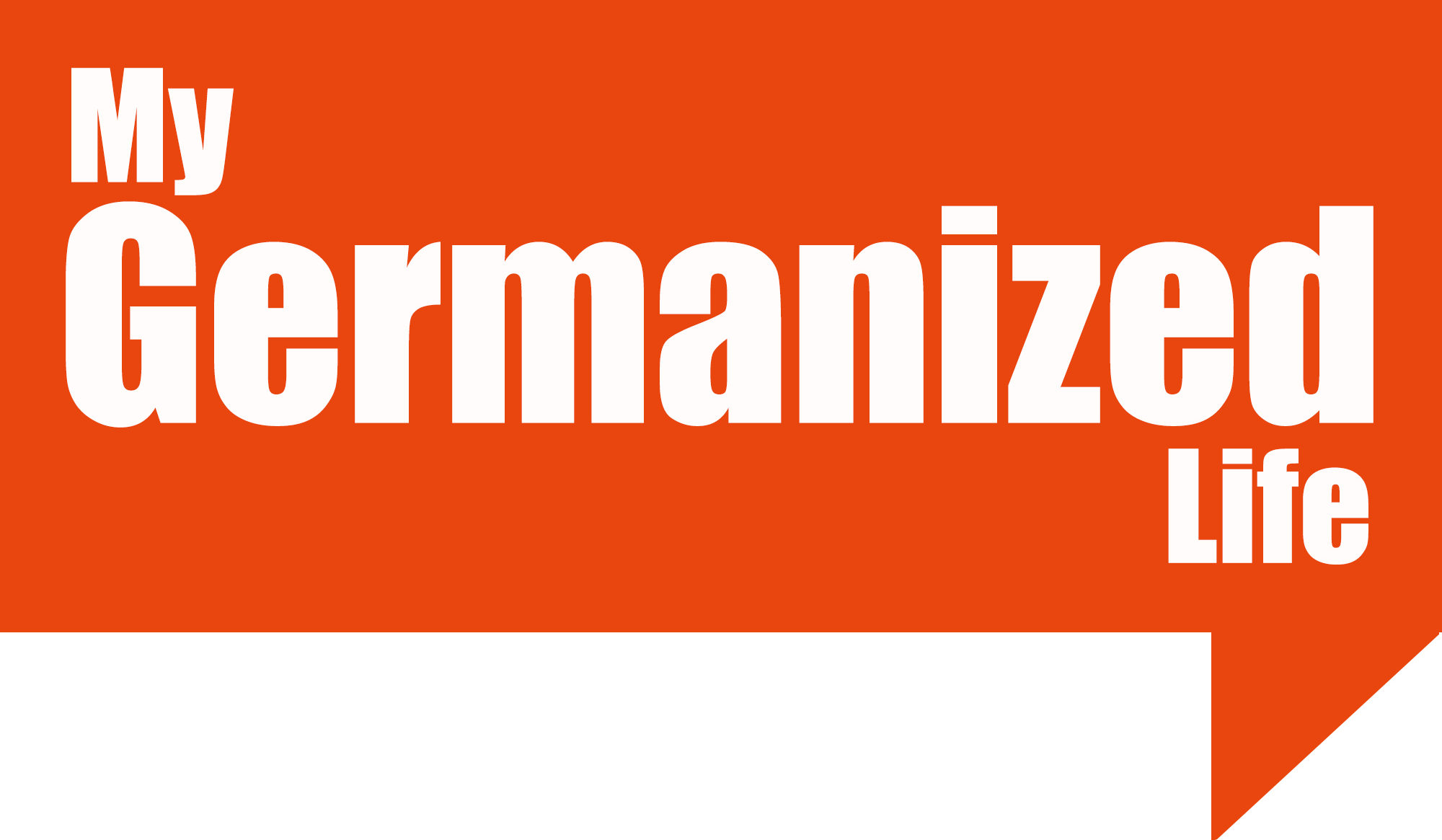Is It Hard to Speak German?
One of the most delightful aspects of learning to speak German is that all the words are pronounced the way they’re spelled. That means, if you know what sound each letter makes, you automatically know how to say all the words when you learn to speak German.
On the other hand, the English language has silent letters, sound-changing vowels, and a myriad of exceptions. You won’t have any of this nonsense in the German language. What you see is what you get or what you pronounce in this case.
A typical misconception is that you can’t learn to talk German without a native speaker. However, you don’t have to live in a German-speaking country to start speaking German. You can learn to speak German by yourself with my audio and video guide here: How to Speak German: Basic Pronunciation Guide
Once you learn the German alphabet and review it a few times, you’ll be ready to move on to vowel and consonant combinations.
You can use my audio and video guides as an initial introduction to German sounds and return to them as references when you need reminders. But don’t stop here! Practice speaking German alone or find others to converse in German.
Did you know that over a quarter-million German speakers live in California, Florida, and Texas? California even has a German-language newspaper, “California Staats-Zeitung,” for its German-speaking community.
You’d be surprised how many people speak German in every country around the world. But what are some practical ways that you can learn to speak German alone for free at home?
Yes, You Can Learn to Speak German By Yourself From Home
Are you ready to start your German conversation practice today? There are many ways to learn to speak German online and improve your conversational skills.
The first step is to cast away your hesitations to speak and accept that you will make mistakes. Germans will understand you, even if you mess up, and will appreciate your attempt to speak their language.
Your options to start speaking German are nearly endless, limited only by your imagination. I have plenty of tips to help you start brainstorming. If you plan to live in a German-speaking country, you’ll have plenty of opportunities whether you want to or not.
Maybe you want to practice before your trip or don’t live around native speakers. There are still many ways to practice speaking German. For example, consider finding a tandem language exchange partner.
Many different websites and apps allow you to partner with a native speaker in the language you want to learn. For example, TandemPartners lets you connect with native German speakers worldwide for free. Then, you help someone learn English while you learn to speak German.
The 11 Best Ways to Learn to Speak German With Free Online Resources
Until you find the right tandem language partner, there are other ways to learn to speak German at home for free by yourself. Combine as many tactics as possible to see the fastest improvements in your pronunciation.
1. Audio Dictionary
Visit a free German-English dictionary like dict.leo.org to translate words and hear pronunciations from native speakers. Then, try repeating the words immediately afterward. This way, you’ll learn new vocabulary and correct pronunciation simultaneously.
2. Google Translate
Use Google Translate to hear the pronunciation of specific German words and repeat them out loud. Test yourself by pronouncing the word before you play the audio to see how close you got.
3. Movies
Watch German movies with subtitles by yourself or with other friends learning German. Sometimes, you might not recognize words because they’re pronounced differently than you imagined. Movies give you the chance to hear which syllables are accented by native German speakers.
4. Music
Listening to German music and repeating the lyrics can be a motivational way to start speaking German. Traditional and satirical German songs get your singing along while teaching you more about German culture.
5. Phonetics
Learning the language’s phonetics gives you a clear understanding of how to pronounce German letters and when to use various pronunciations following specific vowel or consonant combinations. German phonetics lessons also show you how to pronounce words more accurately using correct lip and tongue movements.
6. Pronunciation Checker
A free multilingual pronunciation checker like Voice Notebook checks your pronunciation in your uploaded audio recording. You can use this free resource on the Google Chrome browser, Android, and iOS devices.
7. Read Out Loud
Say your German vocabulary out loud while doing reading and writing exercises. Try German books for beginners, magazines, newspapers, and literature about your hobbies or interests. You can find a long list of good reads and ebooks in German for free at the Gutenberg Project.
8. Social Media
Start networking with German speakers via social media. For example, join a German language learning Facebook group or search for hashtags like #deutschalsfremdsprache, #deutschesprache, #learninggerman, or #deutschlernen
9. Voice Messages
When you find a German language partner, opt for voice messages to practice your speaking skills. Most messenger apps have the option to send voice message recordings.
10. Voice Recording
Record your voice speaking German using your Smartphone or microphone. Then, compare your pronunciation to a native speaker recording.
11. Voice-to-Text
Set the language of your voice-to-text app to German to test your pronunciation. For example, make your grocery list in German but use the voice-to-text app to practice pronouncing each item.
The best way for beginners to start speaking German is to experiment with as many free resources as possible. Finding the tools that work for you may take time, but it doesn’t have to cost you a dime!
Need My Help?
Schedule a one-on-one call with me to practice German and ask me your German language questions.
My Germanized Life’s Free eBook outlines a simple formula to learn German effortlessly. Subscribe and receive yours today


